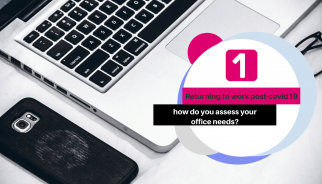
Paul and Jenni had a board meeting yesterday revolving around the cycle to work scheme and Boris Johnsons announcement regarding…

Paul and Jenni had a board meeting yesterday revolving around the cycle to work scheme and Boris Johnsons announcement regarding…

Boris Johnson announces grants for Electric Bikes, but are they a good idea for small business owners? Bikes (including E-bikes)…

Are you finding that some of your clients, some who have previously been good clients, have suddenly become quite fussy?…

In the short-term, it seems likely that many of us will remain working from home even after government orders to…

Choose how and when you can delay making your second payment on account for the 2019 to 2020 tax year….

In March 2020, CH introduced temporary easement measures to suspend voluntary strike off action in response to coronavirus (COVID-19) and…

Restaurants and other establishments serving food for on-premises consumption can now sign up to a new government initiative aimed at…

CORONAVIRUS JOB RETENTION SCHEME (CJRS) UPDATE. From 1st July “Flexible Furlough” was introduced and the calculations and time recording of…

VAT – REDUCED RATE OF 5% The government made an announcement on 8 July 2020 allowing VAT registered businesses to…

We spent a large part of yesterday afternoon listening and reflecting on the budget update from the chancellor. In this…